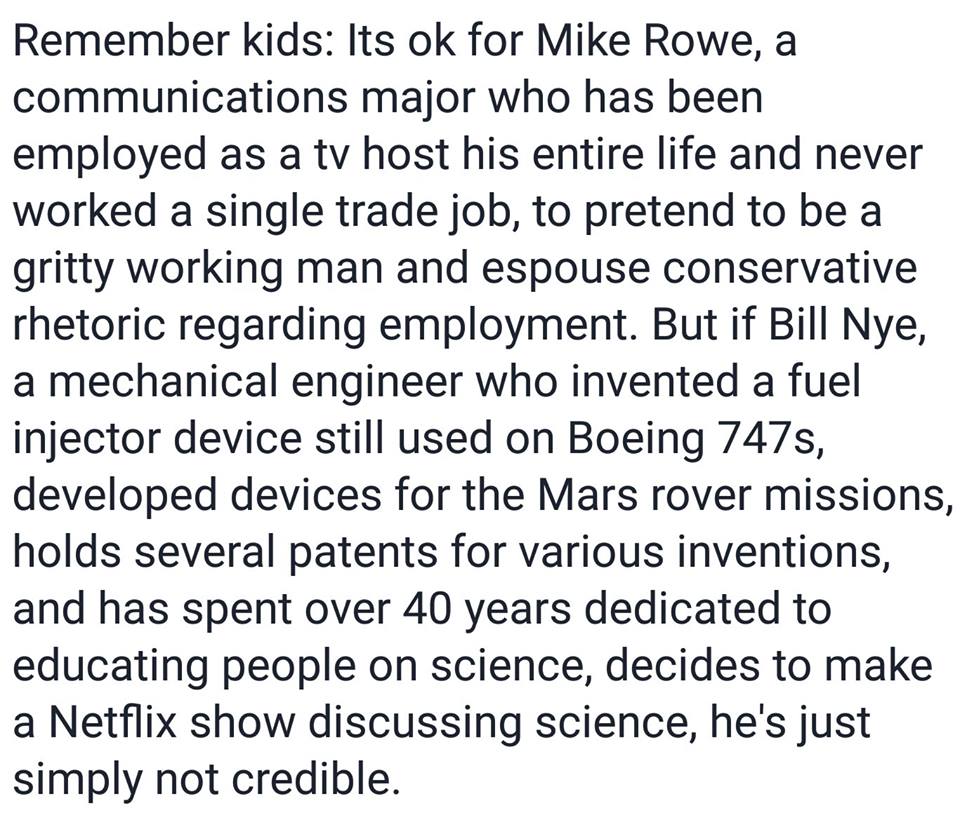This article sums up my attitude towards Marxism succinctly:
Every Marxist government in history has been a repressive nightmare. Marxists — aside from the ones who defend the remaining Marxist regimes — consider this a strange coincidence that has no bearing on Marxist ideology. I recently pointed this out, in light of the resurgence of Marxist thought among some left-wing intellectual circles. In an essay in In These Times, Tyler Zimmer writes what he purports to be a response, but that in fact confirms my point for me.
The problem with Marxism, I argue, lies in its class-based model of economic rights. Liberalism believes in political rights for everybody, regardless of the content of their ideas. Marxists believe political rights belong only to those arguing on behalf of the oppressed — i.e., people who agree with Marxists.
There are still advocates for Nazism so I’m not at all surprised that there are still advocates for Marxism. Of course the advocates for Nazism are far more likely to own what they’re advocating. Seldom do I hear a Nazism advocate claim that Nazi Germany wasn’t real Nazism. Marxism advocates, on the other hand, seem to have a strong tendency to wash their hands of the terrible things Marxism has wrought upon people by claiming Marxist regimes weren’t real Marxism.
Unfortunately, the Marxists had better public relations people than the Nazis so we’re still left having to deal with widespread debates about their tried and failed philosophy.
Marxism advocates like to claim that Marxism is about establishing equality for everybody but they seem to believe that doing so can only be achieved by first making people unequal. Marxism, like Nazism (yes, I’m going to continue to compare the two since they only differ in minor details), divides people into groups. An individual’s group membership, which is arbitrarily decided by an all-powerful government, determines what privileges they enjoy. If an individual is lucky, they’re categorized into a group with significant privileges. If an individual is unlucky, they’re categorized into a group that gets hauled off to death camps.
The idea that some animals are more equal than others is the foundation upon which tyranny is built. Statism in any form creates at least two classes of animals: the rulers and the ruled. Classical liberalism at least attempts (although it always fails) to limit the inevitable damage by saying that the same privileges must be granted to every member of the ruled class. If, for example, free speech is granted to one member of the ruled class then it is granted to every other member. Marxism and Nazism are different in that they divide the ruled class into a bunch of subclasses. Members of the Communist or Nazi parties respectively may enjoy the privilege of free speech while members of the other subclasses may not.
This means that it’s far easier under Marxism and Nazism for the rulers to cement their power. If a group of individuals are criticizing the ruler’s actions they can be labeled counterrevolutionaries and effectively stripped of all privileges (including the privilege of living). Through this process the rulers can easily eliminate almost all challenges to their power. Without any challenges to their power the rulers can begin doing what every ruler ultimately does: expropriate wealth from the ruled.
Classical liberalism at least recognizes that power corrupts and absolute power corrupts absolutely. By making it more difficult for the rulers to eliminate their opponents, classical liberalism adds speed bumps between rulers and absolute corruption. Marxism and Nazism, on the other hand, build a multilane highway between the two and the results are predictable.
Logical deduction shows that Marxism is unworkable if the end goal is anything other than establishing a tyrannical regime. History has shown that the deductive logic plays out in reality. Yet we’re still debating this insanity.
